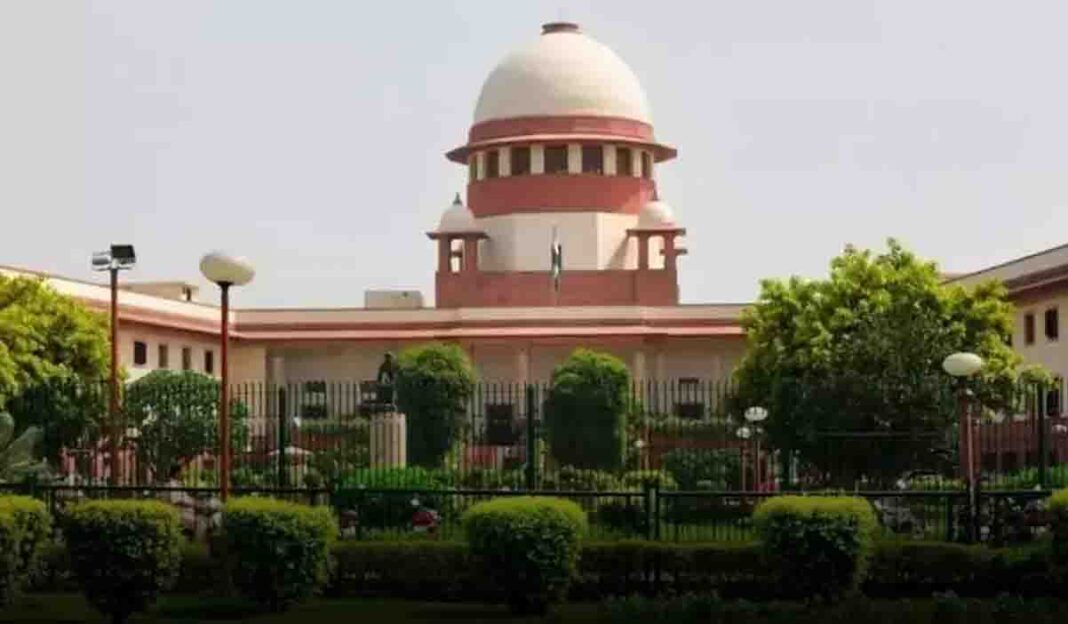Conviction Overturned as Court Rules Section 67 Statement Inadmissible and Finds No Proof of Involvement in Alleged Conspiracy
The Supreme Court has acquitted a man nearly 11 years after he was booked under the Narcotic Drugs and Psychotropic Substances Act, 1985 (NDPS Act), overturning his conviction in a case related to the transportation of 30 cartons of Pentazocine, a painkiller, without a licence [Ajay Kumar Gupta v. Union of India].
A Bench of Justices Abhay S Oka and Augustine George Masih ruled that there was no evidence proving the accused man’s involvement in any conspiracy or the alleged transport of the contraband.
“There is no recovery of any incriminating material from the appellant. There is no evidence to suggest that the contraband, which was attempted to be transported by accused no.1 through a railway parcel, was delivered by or on behalf of the appellant. Additionally, there is no evidence of any conspiracy involving the appellant. The prosecution has failed to establish offences punishable under Sections 22(c) and 29 of the NDPS Act against the appellant beyond a reasonable doubt,” the Court noted.
The appellant, who operated a medical shop in Patna, was accused of handing over 30 cartons of Pentazocine to a co-accused who sought to transport them across State lines. The case dates back to December 2013 when an NDPS case was filed, and the appellant, along with other co-accused, was convicted by the trial court for transporting a commercial quantity of contraband. The Patna High Court had also upheld the appellant’s conviction on appeal.
However, the Supreme Court disagreed with the lower courts’ rulings. One key factor in its decision was the reliance on the appellant’s statement recorded under Section 67 of the NDPS Act, which both the trial court and High Court had treated as a confessional statement. The Supreme Court cited the precedent set in *Tofan Singh v. State of Tamil Nadu* (2021), clarifying that statements recorded under Section 67 cannot be treated as confessions.
“The appellant’s statement under Section 67 is inadmissible as evidence and cannot be considered in court,” the Bench ruled.
The Court also emphasized that there was no concrete evidence linking the appellant to the alleged crime or conspiracy, noting, “There is absolutely no legal evidence showing that the contraband, attempted to be transported by accused no.1, was supplied by the appellant. Therefore, his conviction cannot be sustained.”
The appellant was represented by Advocates Vivek Singh, Ritik Dwivedi, Vishal M Sundaramughan, and Abhishek Gupta. Additional Solicitor General Aishwarya Bhati, along with Senior Advocates Sonia Mathur and Rajat Nair, appeared for the Union of India.
(With inputs from agency)
Share your news, articles, deals, columns, or press releases with us! Click the link to submit and join our platform today.


